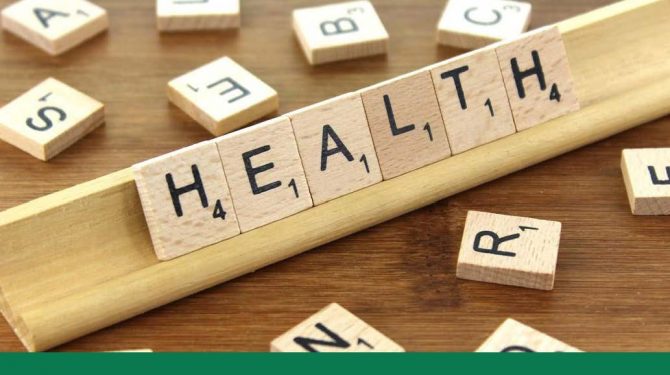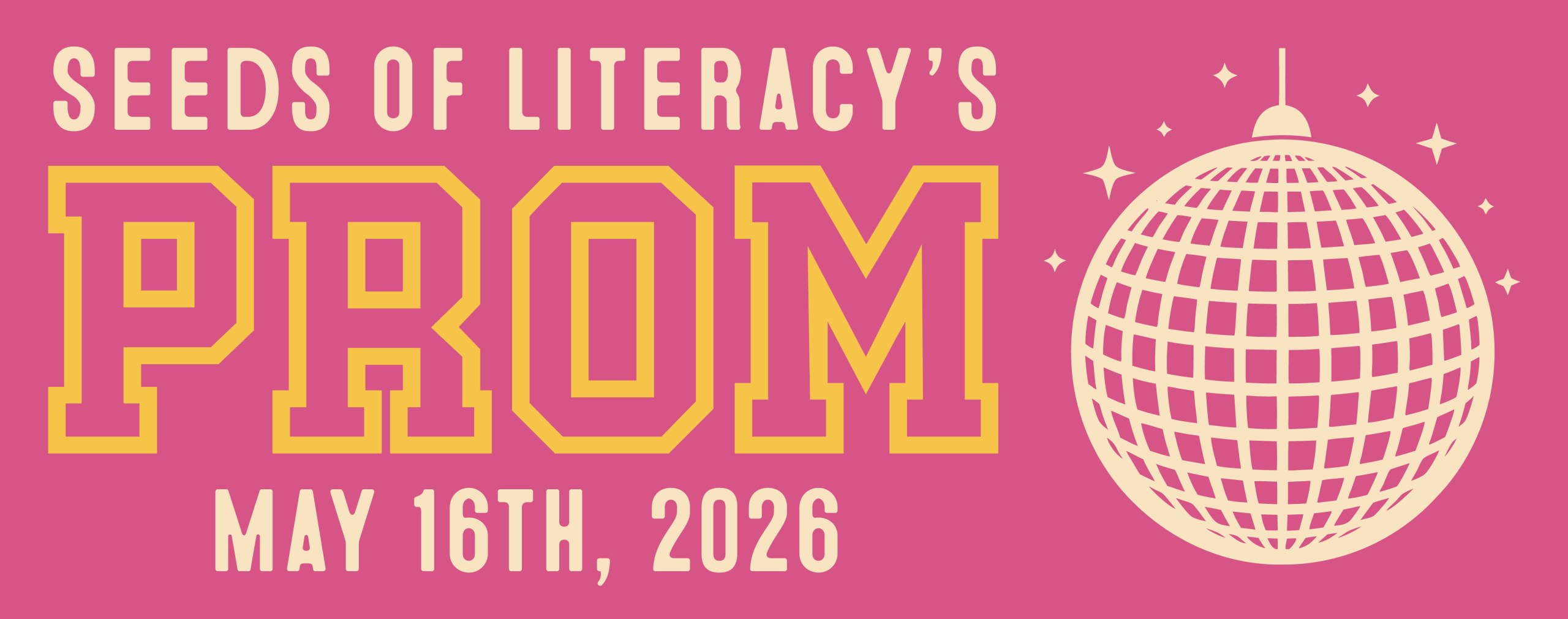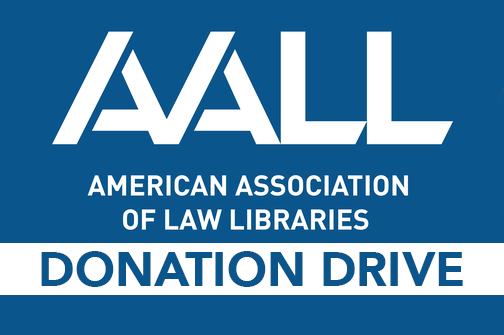Literacy Saves Lives: Struggle for Health Understanding Compounded by Illiteracy

Take twice daily. Use until gone.
These are common directions on medications, and at first glance, they appear simple.
Unless you’re Susan.
Susan didn’t know if twice daily meant morning and night, before lunch or before bed. Since she wasn’t sure and was too embarrassed to ask, Susan took two pills at breakfast, figuring then she wouldn’t need to worry about it the rest of the day. Unfortunately, her time-release medication was already out of her system by evening, and when she passed out, her family members were the ones worrying.
Or if you are Bill.
Bill had to take Coumadin, an anticoagulant (that means it’s a blood thinner that prevents clots). Bill didn’t necessarily know what that drug did, but the doctor said to take it until gone and he would feel better. Bill misunderstood, taking it all at once and nearly bled out when he nicked his neck shaving.
Bill and Susan could be your loved ones, and their stories are just two of many frightening stories about the impact of health illiteracy.
The American Medical Association produced this eye opening video. It is now decades old, but just as relevant now as the day it was filmed .
WHAT IS HEALTH LITERACY?
Nearly half of American adults have only basic or below-basic health literacy skills, reports a study from the Institute of Medicine.
So what is health literacy, anyway? It is the degree to which an individual can obtain, communicate, process, and understand health information and services in order to make appropriate health decisions (Plain Writing Act, Affordable Care Act, 2010).
It’s not just about being able to read – health literacy also includes verbal language and numeracy skills. Without all of these skills, the person receiving health information does not always fully understand it.
And if they don’t understand? Hundreds of billions (yes, billions) of dollars are lost due to misunderstood medical information. Let’s go back to Susan. She experienced a costly ambulance ride, a full battery of tests, and a night in the hospital. These costly (and frightening) experiences could have been avoided if she better understood her prescription.
Healthcare is more complex now. Forty years ago, a patient saw one doctor and one pharmacist. The only person who filled out forms was a medical professional, and there were only about 650 meds on the market. Today, patients see a different doctor for every ailment. They shop around for the best prices on prescriptions and sign a seemingly never-ending pile of forms. And, there’s now more than 24,000 medicines available.
IMPACT OF READING LEVEL ON COMPREHENSION
“Up to 80% of all medical information given to a patient is forgotten the minute they leave the doctor’s office,” explained Karen Komondor (RN, BSN, CCRN), a director at the Health Literacy Institute of St. Vincent Charity Medical Center in Cleveland. “Of the remaining 20% that IS remembered, half is actually incorrect.”
LOW LITERACY
If that statistic seems extreme, try the following exercise.
- Set a timer for 1 minute.
- Read the entire passage out loud. Don’t cheat by writing it down.
- Hint: the words are written backwards and the first word is “cleaning.”
GNINAELC – Ot erussa hgih ecnamrofrep, yllacidoirep naelc eht epat sdaeh dna natspac revenehw uoy eciton na noitalumucca fo tsud dna nworb-der edixo selcitrap. Esu a nottoc baws denetsiom htiw lyporposi lohocla. Eb erus on lohocla sehcuot eht rebbur strap, sa ti sdnet ot yrd dna yllautneve kcarc eht rebbur. Esu a pmad tholc ro egnops ot naelc eht tenibac. A dlim paos, ekil gnihsawhsid tnegreted, lliw pleh evomer esaerg ro lio.
After you are done reading out loud, answer the following question: How do you clean the capstan?
This exercise demonstrates that when you aren’t familiar with the words, comprehension and retention become impossible.
HIGHER LITERACY
But what if you DO know all the words? Does a higher reading level equate to easier understanding? Not necessarily.
Komondor conducted the following exercise with a room full of highly educated tutors and teachers. When presented with a list, everyone agreed that they understood the following words…individually.
Expected, Return, Calculate, Option, Exercise, Equal, Strike, Probability, Underlying, Value, Present, Price, Net, Negative, Price, Spot, Below, Zero, Time, Today, Using
But they did NOT understand them when used in the following context:
“If you’re using expected return to calculate the option’s probability-weighted net present value, if you set the expected return below zero, the time value will go negative. If you set the strike price equal to zero, the option value will equal the exercise-today value, which will be equal to the spot price of the underlying.” Source: Black-Sholes Made Easy by Jerry Marlow, p. 193
The exercises demonstrate that reading comprehension truly affects everyone’s health literacy, and the problem is compounded exponentially for those with low levels of general literacy.
HOW TO IMPROVE YOUR HEALTH LITERACY
Prepare before your visit.
- Make a list of symptoms you have and questions you want to ask.
- Make a list of your current medications, or snap a picture of the prescription labels with your phone.
- Bring a pen and prepare to check off questions as you ask. This both ensures you won’t forget to ask important questions, and provides a visual reminder to slow down and not rush through the appointment.
Bring a family member or trusted companion with you.
If we only remember 20% of what we THINK we hear, having a second person listening can prove helpful. This is especially important when dealing with a new diagnosis requiring ongoing care.
Ask more questions, starting with the big 3:
- What is my main problem? DIAGNOSIS
- What do I need to do? TREATMENT PLAN
- Why is it important for me to do this? What will happen if I don’t? CONTEXT
Once you have the answer to your question, rephrase it, and repeat it back to the doctor to ensure you understand.
Many patients are embarrassed when they don’t understand medical information. Don’t be! You wouldn’t beat yourself up for not understanding mechanical engineering if you’re not an engineer. It’s reasonable and EXPECTED for you to have questions. Asking questions to understand medical instructions may just save a life.
Thank you Karen from St. Vincent Charity Medical Center for visiting Seeds.
# # #
KLK
RELATED
Putting Health Literacy Into (Your) Practice – A blog for healthcare providers


